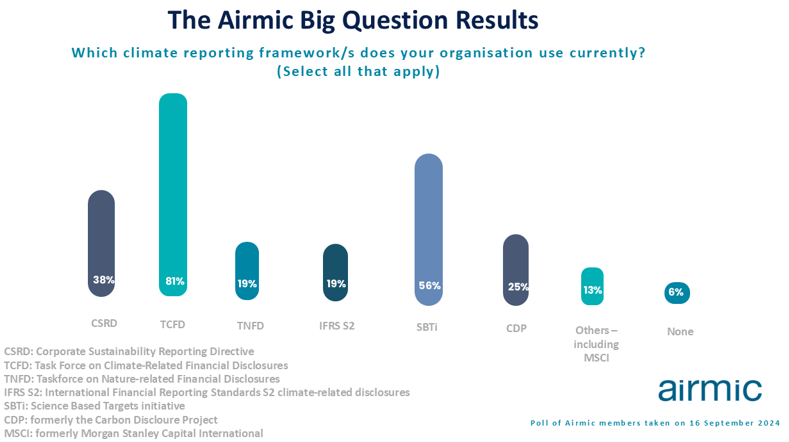I am pleased to announce the launch of the Institute of Risk Management’s new International Certificate in Operational Risk Management. This qualification is accredited by Ofqual at Level 4, adding to the IRM’s wider suite of regulated qualifications. ICORM is designed to introduce students to the fundamental theory, management and application of operational risk management, to underpin sustainable organisational success.
The updated ICORM recognises that the world has changed significantly. We have seen developments in blockchain technology and an increase in the popularity of cryptocurrencies. We have witnessed and been affected by, a higher volume and severity of cyber attacks.
Outsourcing, utilisation of service providers and engagement with third parties have all added increasing value – and risk – to global organisations. In recent history, many personal and professional lives changed forever as a result of the Covid-19 pandemic. ICORM was written with these macro changes to working and organisational life in mind, so that operational risk professionals can understand and apply learning from the qualification to their day-to-day professional activities.
The updated ICORM has been carefully designed to provide a balanced approach to both proactive and reactive operational risk management and the certification enables students to understand and manage risks effectively, preventing potential issues before they occur and responding swiftly when they do.
While operational risk is often associated with financial services, the authors of ICORM were very aware that operational risk is equally as important in other industries and so the qualification has been written for operational risk professionals in multiple fields.
The ICORM’s curriculum bridges the gap between theory and practice. It leverages examples to illustrate how theoretical concepts apply to real-world scenarios, making the learning experience both relevant and practical. For instance, a banking professional may learn how to manage the risk of cyber threats, while someone working in the manufacturing sector might focus more on supply chain disruptions. This sector-specific relevance ensures that the knowledge gained is directly applicable to the participant’s own organisation, allowing them to make meaningful contributions from day one.
Key challenges facing organisations today include the need to comply with rapidly evolving regulations and standards, while at the same time remaining focused on achieving outstanding customer outcomes. By familiarising students with the entire operational risk lifecycle, including incident management, students are trained to manage events outside of risk appetite efficiently and effectively.
This proactive approach helps mitigate risks and ensures organisations remain compliant against an ever-evolving regulatory backdrop, while protecting reputation and maintaining customer trust.
Operational risk is increasingly being seen not just as a challenge to be managed, but as an opportunity to add value. The updated ICORM has been crafted with this shift in perception in mind. By equipping students with the knowledge and skills to use operational risk management as a strategic enabler, we are preparing them to both safeguard their organisations and contribute to business success and growth.
This updated certification continues to uphold the IRM’s commitment to excellence and innovation in risk management education, helping businesses thrive in an uncertain world. There will be four assessment sessions a year: in March, June, September and December. Exams will be taken in person, at a Pearson Vue Test centre. The exams consist of 60 multiple choice questions that are to be completed in 90 minutes.
Find out more at https://www.theirm.org/qualifications/international-certificate-in-operational-risk-management/
Printed Copy:
Would you also like to receive CIR Magazine in print?
Data Use:
We will also send you our free daily email newsletters and other relevant communications, which you can opt out of at any time. Thank you.











YOU MIGHT ALSO LIKE